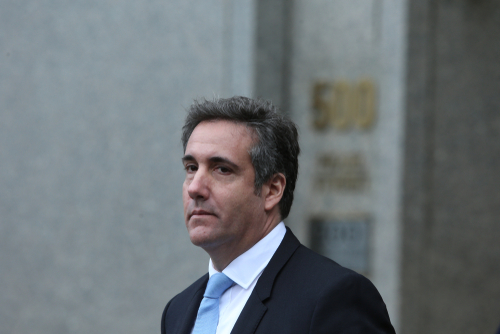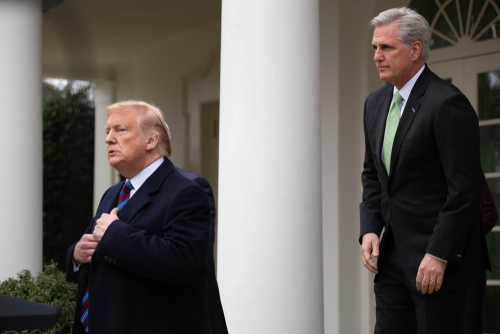Trump’s daring 100% tariff plan on foreign films is poised to shake the very foundations of Hollywood’s deeply ingrained practices.
At a Glance
- Trump proposed a 100% tariff on films produced outside the USA to protect American jobs.
- Retired visual effects artist Dave Rand, a former Democrat, supports the tariffs.
- Hollywood studios benefit from foreign subsidies, leading to skepticism about tariffs.
- Jon Voight proposes a broader support plan for the film industry.
100% Tariff Proposal
President Trump’s proposal to impose a 100% tariff on non-U.S. film productions has sparked a fierce debate within the industry. The aim is to protect American film industry jobs by countering the effect of foreign incentives. Visual effects veteran, Dave Rand, believes this bold move is long overdue. Despite potential negative impacts on international workers, Rand sees it as a restoration chance for U.S. workers and a remedy against Hollywood’s outsourcing trends.
Randdl, a retired visual effects artist and lifelong Democrat, shockingly voted for Trump in 2024, swayed by this very tariff proposal. He insists that these measures are necessary to create equal economic opportunities and halt the outflow of jobs. “They’re using this subsidy thing like a shell game to keep us nomadic and weak,” Rand stated, emphasizing the manipulation involved in the current system.
Challenges and Criticisms
Yet, tampering with Hollywood’s finances won’t be a walk in the park. Established industry leaders and financial powerhouses currently benefit from expansive foreign subsidies, causing significant skepticism about Trump’s tariff effectiveness. Hollywood’s reaction hasn’t been universally supportive. Studio executives and unions, deeply entrenched in exploiting these subsidies, see this as a threat. Furthermore, tariffs could alter the industry’s financial landscape, opposed by those who benefit from the current ecosystem.
“The studios liked the system where they get to benefit from subsidies on VFX,” attorney David Yocis remarked, highlighting resistance to disrupting financial dynamics.
Jon Voight, a known Trump advocate in Hollywood, has suggested an expansion of Trump’s proposals. His comprehensive plan envisions federal incentives, infrastructure subsidies, and job training programs complementing selective tariffs. This broader strategy aims to ensure long-term support for domestic film industry growth.
A Call for Change
Interestingly, Rand’s experiences highlight a bitter truth: he recalls his time organizing protests against Canadian subsidies that jeopardized U.S. VFX jobs. His efforts, though initially unsuccessful, now resurge under Trump’s initiative, drawing attention at a national level. Rand’s staunch support underscores a broader discontent among American workers sidelined by outsourcing and foreign economic strategies. “He’s gonna cut a fair deal. You’re going to see a flow back to the U.S. It’s going to be a little painful,” Rand stated optimistically.The stakes are undeniably high. Trump’s assertion that foreign economic incentives pose a national security threat further complicates the matter. His activation of the Department of Commerce and U.S. Trade Representative to implement tariffs moreover stands as a testament to his resolve. He plans dialogues with industry insiders to negotiate an approach that won’t dismantle Hollywood but will promote prosperity and job security. “I’m not looking to hurt the industry; I want to help the industry,” Trump reiterated, emphasizing his strategic intent.
Is this approach the cure-all needed to revitalize the U.S. film industry? Only time will tell as Hollywood grapples with this seismic shift.






